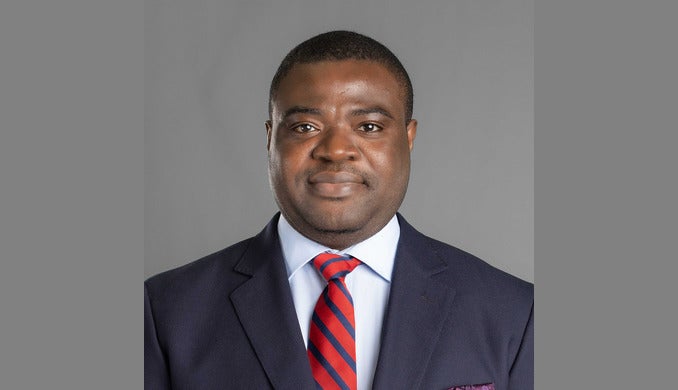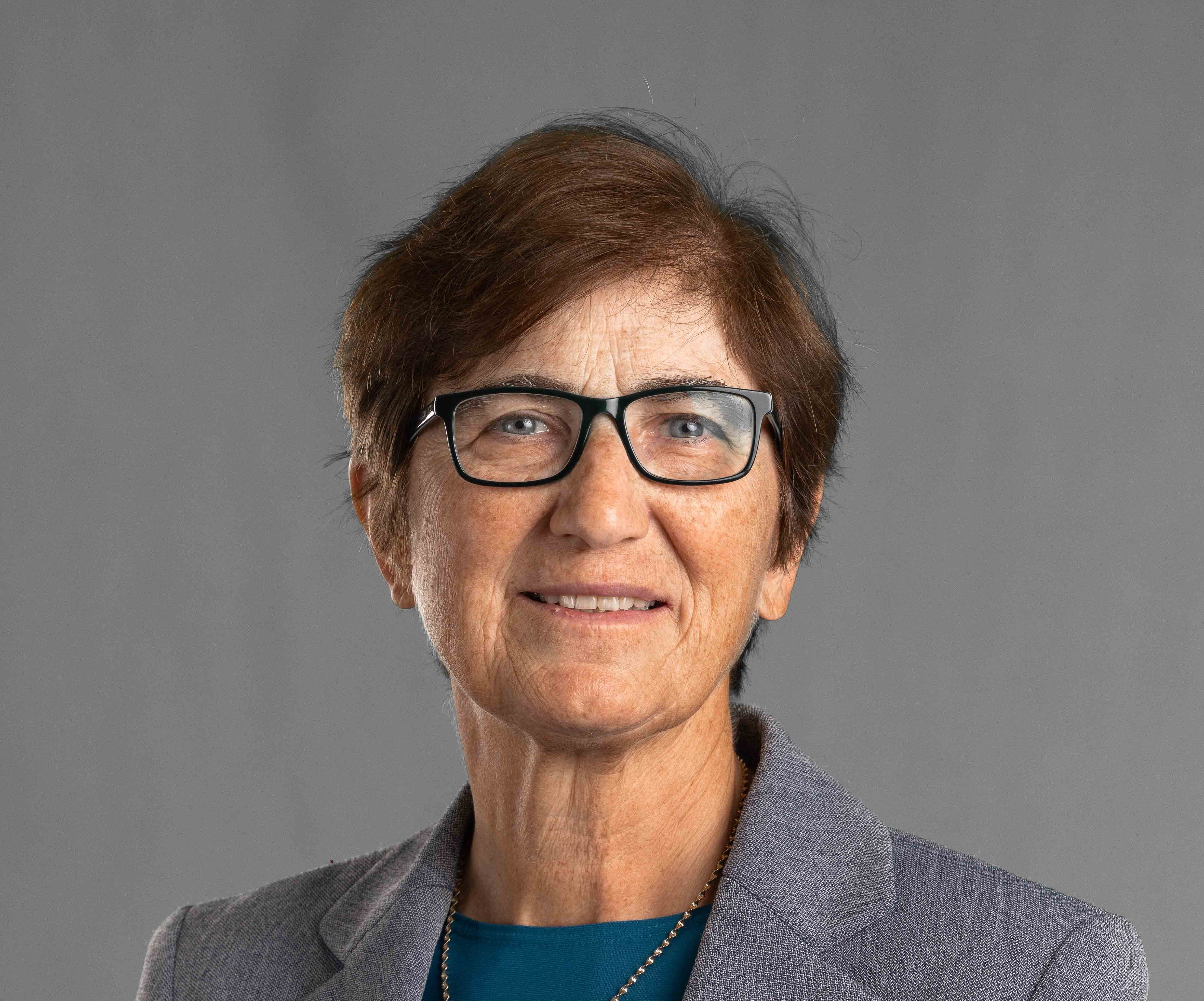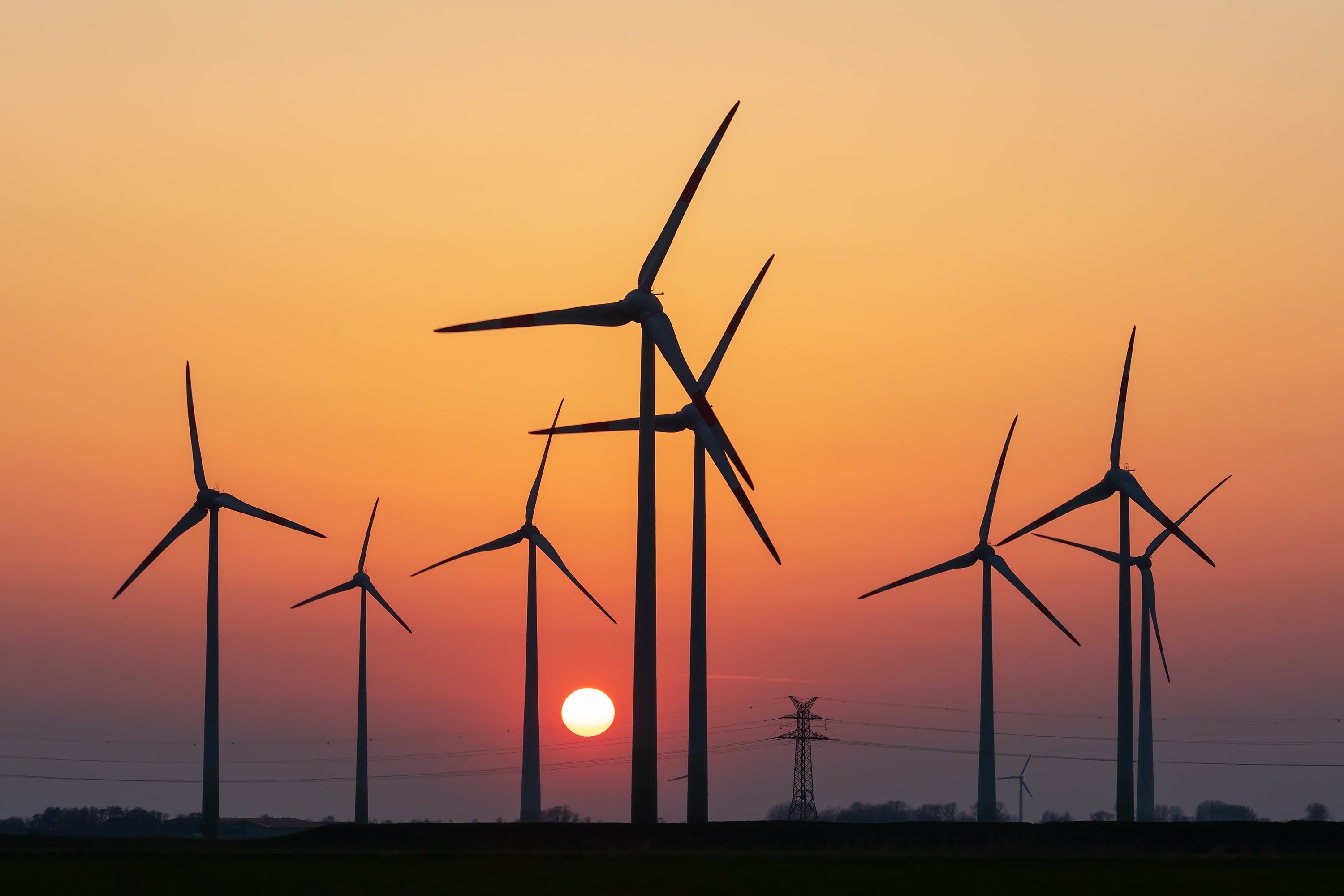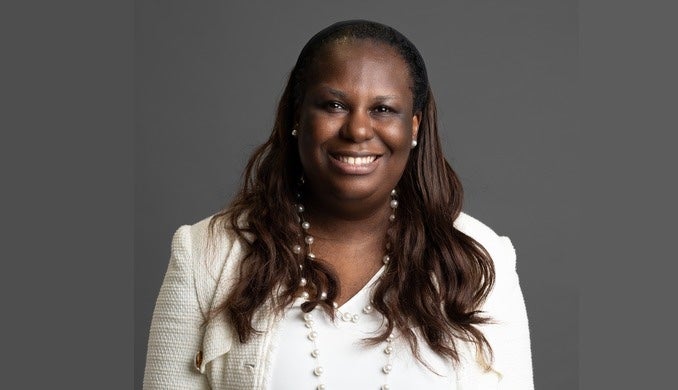Despite an abundance of energy and natural resources, most Africans remain trapped in energy poverty. As HBKU’s Damilola Olawuyi sees it, the way out requires a mix of public and private sector capital from investors at home and abroad

One of the priority issues at the 29th Conference of the Parties to the United Nations Framework Convention on Climate Change (COP29) was how to mobilize the finance needed to accelerate an energy transition agenda that is equitable,inclusive, and omits no individual or community. Amidst the climate crisis, numerous countries and businesses around the worldhave embarked on ambitious energy transition programs aimed at reducing greenhouse gas emissions. Nonetheless, the implementation of these programs raise wider questions on how to ensure that the ongoing energy transition does not worsen energy poverty levels in developing countries, especially in Africa, where some of the world’s energy poorest people live.
According to the World Bank, of the more than 1 billion people in the world lacking access to modern energy sources, 600 million are located in sub-Saharan Africa. Put another way, almost 60percent of the African population remainsenergy poor in 2024. With the African Group of Negotiators (AGN) on climate change calling for $1.3 trillion per annum to finance climate-related development across the continent, it is crystal clear that the quest for a transition that advances both energy security and climate objectives in Africawill require leveraging both public and private sector capital. While sustained financial flows from the international community will be key to effectively fund the climate transition in African countries, private sector contributions will also be indispensable.
The clean energy transition is therefore both an urgent necessity and a profound opportunity for Africa. It is an urgent necessity if the continent, as well as the whole world, is to avoid the complex economic, social, and environmental threats of climate change by limiting warming to 1.5° C (2.7° F). It also presents an opportunity for African countries to mobilize financing by leveraging their comparative advantages as suppliers of environmentally preferable transition fuels like natural gas, as well as energy transition minerals, such as cobalt and copper, that are in high demand across the world and needed to power renewable energy technologies and hydrogen infrastructure projects.
With its abundant solar and wind energy resources, Africa also has huge potential to become the next global hub for solar, wind, and green hydrogen projects offering a path to both energy and economic diversification. Malawi, Kenya, Rwanda, Tanzania and Ugandahave already made progress in promoting the use of ‘soft’ climate technologies, such as locally made solar panels, fuel-efficient cooking stoves, and decentralised micro and mini grids to enhance energy access in remote areas. The clean energy transition is an opportunity for homegrown energy entrepreneurs across Africa to unlock innovative solutions that deliver clean and reliable energy to underserved communities.
To seize this opportunity, African countries must put in place supportive laws and policies that encourage private sector investment in clean energy projects. It will be difficult, if not impossible, to attract the sustained green financing and investment flows needed to achieve a just energy transition without addressing regulatory barriers that energy entrepreneursface in Africa. Previous studies have documented such barriers asthe often lengthy process of business registration and formalisation, unclear or outdated regulatory frameworks relating to clean technology entrepreneurship, inadequate legal framework on public-private partnerships, challenges with integrating renewable energy sources to national grids, and constraints to accessing finance.
A starting point is for national authorities across the continent to update current commercial and investment laws to streamline and simplify market entry and financing requirements for small and medium scale clean energy entrepreneurs. In addition to legal reforms, African countries will need to provide financial incentives for entrepreneursto unlock African energy solutions. Such incentives can be in the form of direct grants, concessional or low interest loans, investment tax credits or reversed taxes, or in the form of de-risking instruments including insurance, geared towards supporting the upfront capital investment needed to develop clean technology initiatives. A good example is the European Union’s Innovation Fund which provides fiscal incentives and support for low-carbon technologies and infrastructureprojects.
Higher education institutions are also crucial in formulating specialized capacity-building initiatives centered on clean energy entrepreneurship and green financing. Educational programs that focus on the development of sustainable businesses, leveraging blended and Islamic financing for clean technology infrastructure projects, and the deployment of hydrogen and carbon capture and storage technologies are indispensable in promoting a just and orderly energy transition.
With its strategic focus on Africa, the UNESCO Chair on Environmental Law and Sustainable Development at Hamad Bin Khalifa University is proactively addressing these educational imperatives. By developing collaborative publications, conferences, workshops, training and public awareness programmes with higher education institutions and partners across Africa, the Chair is well placed to remain at the forefront of advancing the knowledge, resources and capacity on green financing and eco-entrepreneurshipneeded to fully unlock Africa’s vast green energy potential while combating the climate emergency.
Damilola S. Olawuyi (SAN) is Professor and UNESCO Chairholder on Environmental Law and Sustainable Development at Hamad Bin Khalifa University’s College of Law.
This piece has been submitted by HBKU’s Communications Directorate on behalf of its author. The thoughts and views expressed are the author’s own and do not necessarily reflect an official University stance.











